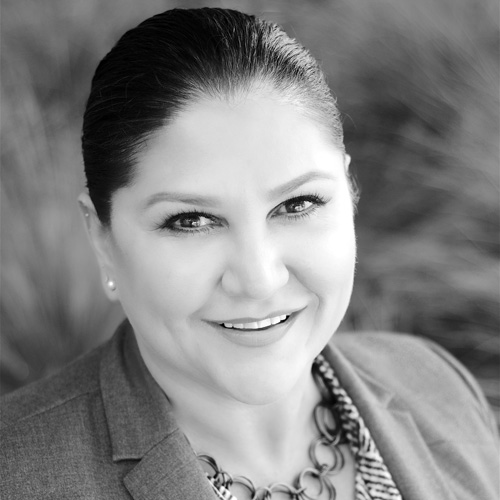Peter Brechter has more than two decades of experience in the nutritional industry, including working with Atkins Nutritionals before Robert Atkins died. In May 2016, however, he saw an opportunity to move into the healthcare industry when he was offered the position of CEO of Off the Scale, a behavior change intervention program that targets at-risk populations to reverse chronic disease.
The first thing that attracted to Brechter to Off the Scale was that it was more clinical than any other company he’d been involved with. However, what really captured his attention was that he saw something that went completely beyond wellness programs.
First, Off the Scale only intervenes in people diagnosed with a chronic disease, whether that’s obesity, type 2 diabetes, hyperglycemia, or any chronic disease affected by lifestyle. In fact, Off the Scale participants usually have two or more chronic illnesses. Again, the program is a community based intervention program—not a wellness program.
“We’re simply not a preventative program. We are an intervention for people who actually have disease. We’re not just talking about nutrition and movement, but we also deal with the basic psychology of a person’s situation,” Brechter says. “There’s usually a ‘Why’—the reason that a person has gotten to the point where they are acquiring chronic diseases. We help them identify the ‘Why’ and really just map out new ways to live their lives.”
Off the Scale intervenes in three key areas: mind, i.e. nutritional education; spirit, i.e. behavior change; and body, i.e. movement and exercise. To engage program participants, Off the Scale does many things using technology and group support. The app provides them with recipes guides, access to a coach/nutritionist, educational and exercise videos; but more importantly, serves as a group communication and support center that participants and coaches can access at any time. A wearable exercise band provides participants with data on their own movement, and the program’s coaches (or ‘change agents’ as they call them) can track everything and help participants plan for success in real time. But what really sets the program apart is weekly group meetings and phone calls for the first twelve weeks of the program.
“We use heavy technology, but we have an essential in-person component,” Brechter says. “Our program is extraordinarily social, and you get support from the people in the class. By the second class, the same people who were staring at each other during the first class and feeling very uncomfortable, are arriving together and chatting. They’re departing together and discussing the class, they’re hanging around in groups. They’re communicating with each other outside of the program – this is the vital element: social engagement and support.”
Brechter even says the program becomes a point of pride for many participants. In fact, they even designed the activity band to have a color that stands out so people can be proud of the fact they’re in the program. It’s these subtle differentiators that really make Off the Scale unique and engaging. It’s a mix of social support, like having groups bond during classes and connect on the app afterward; subtle psychology, like not having the negative reinforcement of weighing in on a scale; and technology—a combination that can be credited to the foresight of cofounders Ashley John Heather and Billy Pymm.
“Ashley and the other founders were not from healthcare profession, they were from the marketing profession. So, they know how to keep people’s attention and how to excite them,” Brechter says. “It’s truly an engaging program based on clinical best practices. That’s the secret sauce here.”
Off the Scale’s change agents are truly one of the most engaging parts. The curriculum is very hands-on, visual and tactile. The social aspect inspires participants to refer others to Off the Scale. But above it all, the best part about the program is the results says Brechter. “Over 76% of our participants improve their condition during the intervention and over 96% maintained their improvement at twelve months, we are creating long-term behavior change”.
For almost two years, Off the Scale has been available to at-risk employee populations at Mount Sinai Health System, and it has been a big hit. Off The Scale had a good start, and Brechter says they even have waiting lists for the program. It’s been a success that has helped shape Off the Scale. “We couldn’t have gotten to where we are without the help of Mount Sinai,” Brechter says. “We are extraordinarily thankful for the support that they’ve given us.”
Moving forward, Off the Scale plans to expand its reach with Mount Sinai and beyond. But for now, Brechter and the Off the Scale team are happy helping participants establish new habits.
“We want them to be proud of the fact that they’re going to make a change in their life,” he says. “We teach people in the early classes when someone asks you about Off the Scale, you tell them that you’re making a change in your life, that you’ve dedicated yourself to doing it, and that it works.”


